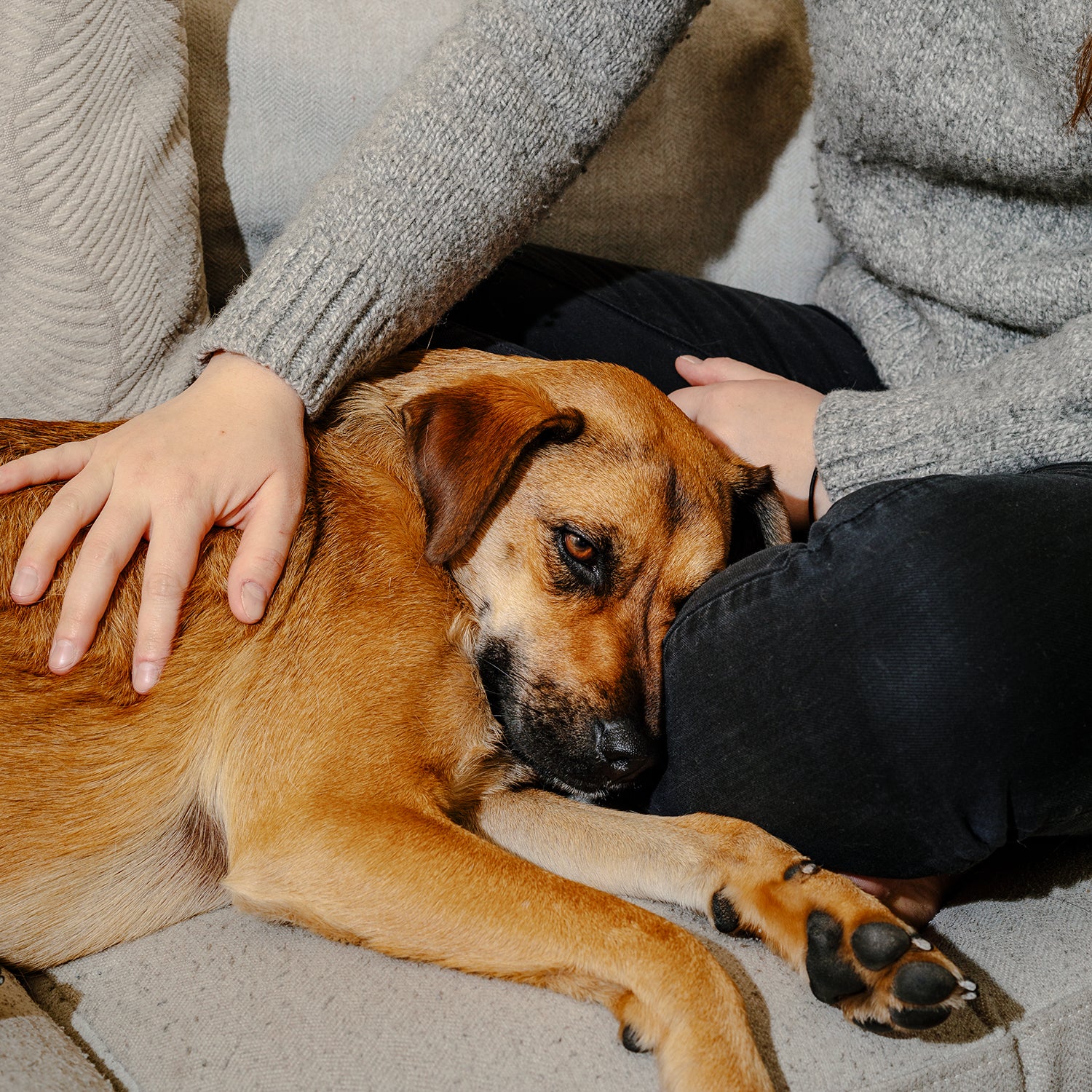I used to be an early riser. While training for a marathon, I woke up at 5:30 to run, eat a wholesome breakfast, then walk to the office while listening to a podcast. But these days, as a freelance writer with frequent deadlines and no set schedule, I’m simply too tired. Optimize my mornings? In this economy? I roll out of bed at eight at the earliest, stumble to my laptop, and an hour later force myself to walk my sleepy dog, Henry.
Successful people, we’re told, take advantage of those early hours, when there are no meetings or work emergencies to hijack the day. In the book , and explain that this is the only time of the day guaranteed to be free of distractions. It sounds like the evil nemesis of my own personal finding—that it’s the last window of opportunity to linger in blissful unconsciousness. Still, rising late makes me feel sluggish and irritable. So I tried getting back to early rising through the imposed discipline of a morning routine.
Spall and Xander asked hundreds of enterprising people about their morning habits, and I decided to go all out with a regimen based on their best practices. On my first day, at 6:23 a.m.—the average wake time of those profiled in the book—I stumbled across my freezing bedroom to turn off the alarm on my phone. The night before, I’d banished the device from my bedside to avoid snooze-button abuse. Most interviewees reported checking their phones right away on rising; squinting at the screen seemed unhealthy, but it did wake me up a little. Then I drank some lukewarm lemon water (the collective morning beverage of choice) while shivering under a quilt in the living room.
I dozed off during guided meditation, one of the most popular activities on a list that participants in the book chose from for boosting productivity, creativity, fitness, mindfulness, and self-care—the five pillars of a good routine. Most people try to address one or two of these pillars, according to Spall, but I figured I’d go for them all. As I practiced yoga, I began to feel… alert? I doodled a still life, started a draft I’d been avoiding, and, in an attempt at self-care, patted Henry, who snored at my side through the whole sequence.
I stuck to this super-routine for only two days. The parade of tasks felt infuriating in its roteness. I write for a living and have plenty of hobbies; I don’t need to wake up earlier to cram in more creative self-optimization. And it didn’t take long for me to accept that my brain simply refuses to perform difficult work early in the morning.
So I ditched the creativity and productivity elements, but kept the lemon water, an hour of movement, and meditation. I’m sorry to say I’ve stuck with it ever since. I rarely hit snooze—the extra time energizes me more than sleeping does. It feels like I’ve stolen a secret hour for myself. By the time my boyfriend wakes up, I’m infuriatingly chipper.


